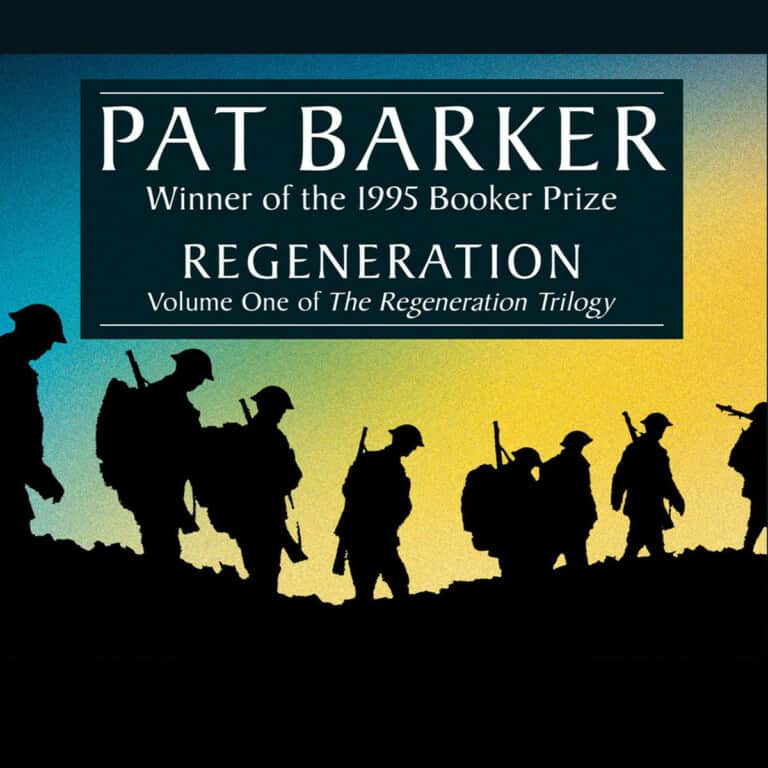Introduction
Space, setting, the interaction between landscape and mindscape and the curious similarities between outdoors places in Scotland and the landscape of the Flanders correspond to the writer’s intention of similarity: the characters are so obsessed by the war that they see it in Scotland.
This obsession ultimately transforms their vision of time.
The present is the past
Indeed, the characters have no present. It applies to all traumatized soldiers:
- conscious: remembering.
- unconscious: hallucination
For instance, Sassoon had hallucinations (p.12): “the pavement was covered in corpses“. Then he says he had no more: the reader can doubt it:
- p.5: “he saw lines of men“.
- p.142: “with a crack like rifle fire“.
The same happens to Burns: (p.37): “a branch rattled like machine gun fire“.
And to Prior:
- p.214: “the darkness, the nervousness, the repeated and unnecessary swallowing…“
- p.215: “at this distance, her eyes merged into a single eye“.He remembers the eye he held in the trenches.Love scene turned into a horror scene.
No future
If the past keeps coming back then there is no future.
- p.118: Rivers’s analysis of Sassoon: “inability to envisage any kind of future“.
- p.198: “it means you’re obsessed […] you never talk about the future anymore“.
A subjective vision of time
Read passage p.83-84 : conversation between Owens and Sassoon about the war.
Personal time
Interesting passage: 2 people in a hospital talking about their past experience. You would expect present tense to refer to the moment of enunciation and past tenses to refer to the war but here, present tenses are used to refer to the past:
- “sometimes when you’re alone“.
- “and that makes it something you almost can’t challenge“.
- “what you see every night“.
When the present is used, “you” is used too. Both tense and pronoun have the effect of generalizing their experience so that their personal experience of the war is turned into a universal experience. What happened to them becomes exemplary.
B. Historical time
Generalization has the effect of blurring WW1 as an historical event and of presenting it as an a-historical event.
Owen:
- “you get sense of something ancient“.Owen takes the war out of the contemporary period.
- “men from Marlborough’s army“.He compares WW1 to very distant events in the past.
- “wars distilled themselves into that war“.Owen shows the similarities of all wars. World War One is the model, the paradigm of all wars.
Sassoon refers to the future. The result is the same: war loses its temporal and historical quality.
- “I seemed to be seeing it from the future”.If he is in the future, then war represents the past.
War loses its historical quality. The common point is that war becomes a sort of symbolic representation of Time.
Time is movement but for them, time is eternal death.

